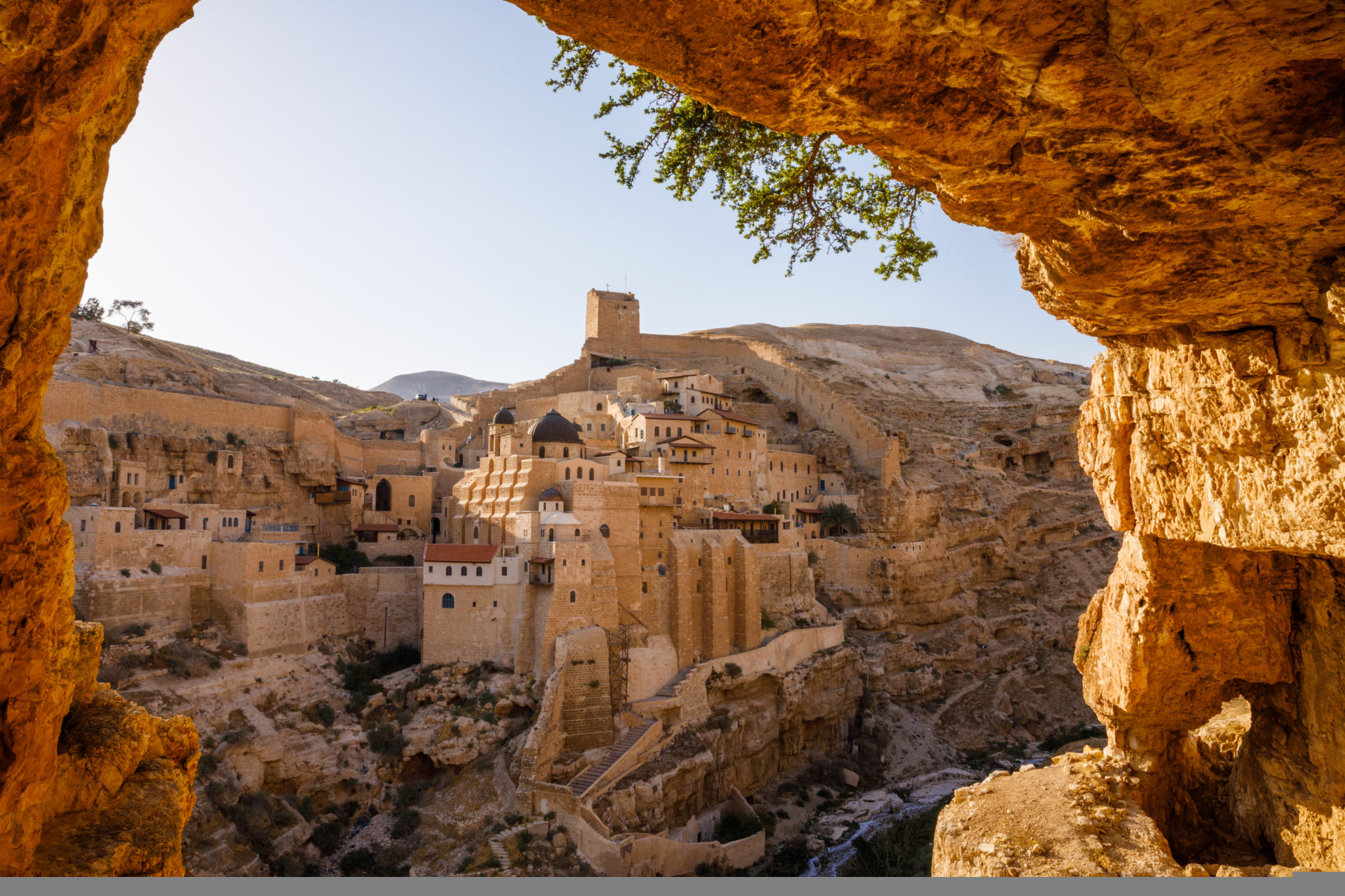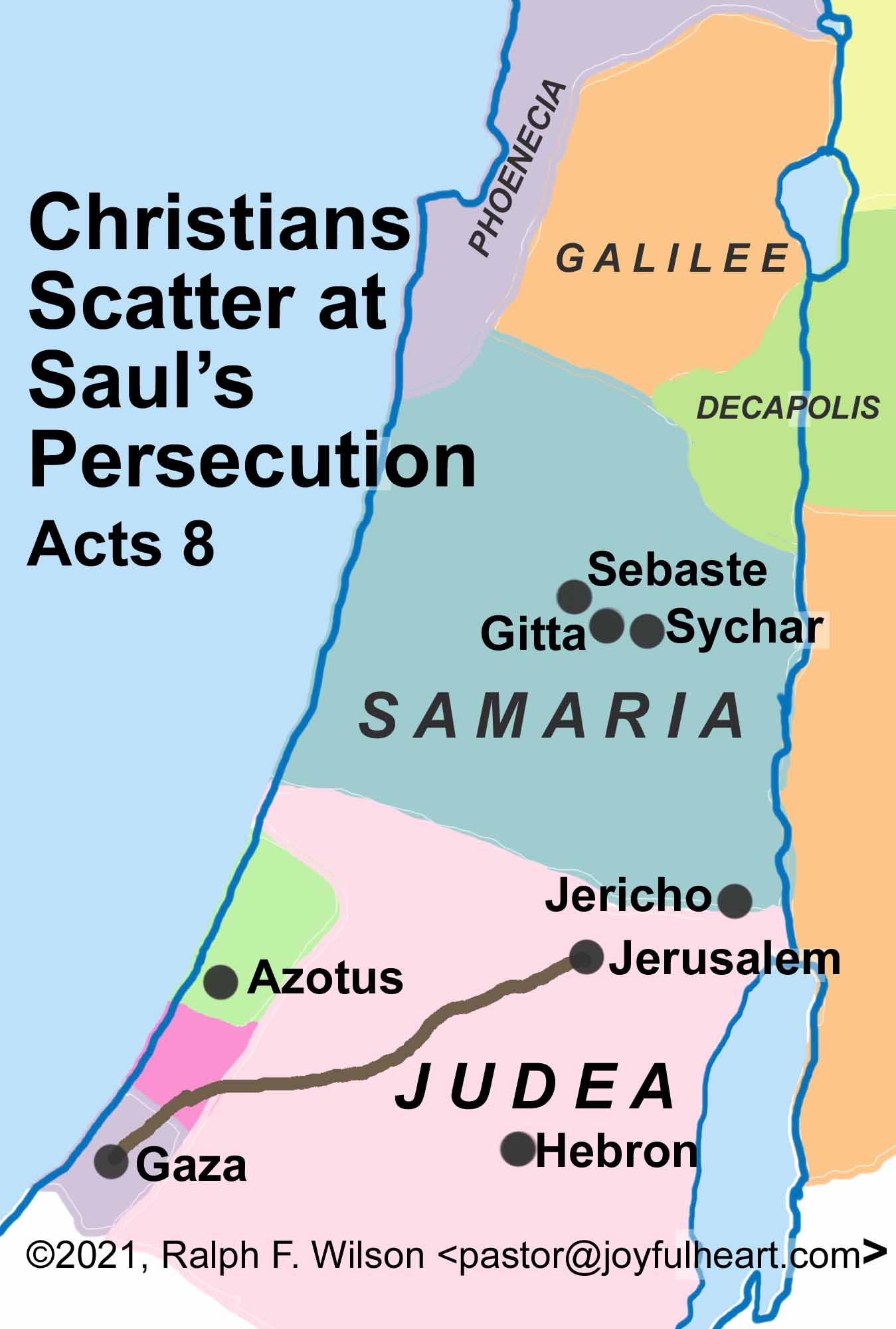A Comprehensive Guide To The Historical And Contemporary Significance
Judea and Samaria are regions steeped in history, culture, and geopolitical significance. As part of the West Bank, these areas have been central to various historical narratives and contemporary political discussions. The complexity surrounding Judea and Samaria is a reflection of the broader Israeli-Palestinian conflict, which has implications for international relations, social dynamics, and cultural identity. In this article, we will delve into the historical context, current developments, and the multifaceted nature of Judea and Samaria, offering insights that are vital for understanding this pivotal region.
Throughout history, Judea and Samaria have been inhabited by various peoples and have witnessed numerous conflicts and changes in governance. Today, they remain key areas of contention, influencing local and global politics. With the continuous flow of discussions regarding settlements, security, and human rights, it is crucial to explore these topics thoughtfully and comprehensively.
This article aims to provide a detailed examination of Judea and Samaria by covering its historical background, cultural significance, current political scenario, and the perspectives of the communities living there. Our analysis will adhere to principles of expertise, authoritativeness, and trustworthiness, ensuring that readers gain a well-rounded understanding of this complex topic.
Table of Contents
Historical Overview of Judea and Samaria
The history of Judea and Samaria can be traced back to ancient times, playing a significant role in the narratives of Judaism, Christianity, and Islam. The region is often referred to in biblical texts, with significant events occurring in these areas.
During the period of Roman rule, Judea was integrated into the province of Judea, and significant events such as the Great Jewish Revolt took place. The region underwent numerous administrative changes over the centuries, influenced by various empires, including the Ottoman Empire, which ruled until the early 20th century.
Key Historical Events
- The Babylonian Exile (586 BCE)
- The Roman Conquest (63 BCE)
- The Byzantine Era
- The Ottoman Rule (1517-1917)
- The British Mandate (1920-1948)
Cultural Significance of the Regions
Judea and Samaria are not only important politically but also culturally. The regions are home to numerous sites of religious significance, including Hebron, Bethlehem, and Jerusalem, which attract millions of pilgrims and tourists each year.
The rich cultural heritage of these areas includes traditional crafts, local cuisine, and vibrant festivals that reflect the diverse communities that inhabit Judea and Samaria.
Religious Sites
- The Cave of the Patriarchs in Hebron
- The Church of the Nativity in Bethlehem
- The Western Wall in Jerusalem
Modern Political Context
In contemporary times, Judea and Samaria have become focal points in the Israeli-Palestinian conflict. The status of these territories is one of the main issues in peace negotiations, with various international players involved in trying to mediate a resolution.
Following the Six-Day War in 1967, Israel captured these territories, leading to the establishment of settlements and a complex military governance system that continues to this day.
Key Political Developments
- The Oslo Accords (1993)
- The Second Intifada (2000-2005)
- Recent Settlement Expansions
Demographics and Communities
The demographic composition of Judea and Samaria is diverse, with both Jewish and Palestinian communities residing in the area. Understanding the demographics is crucial to grasping the social dynamics at play.
According to recent estimates, the population consists of approximately 450,000 Israeli settlers and around 2.5 million Palestinians. This demographic distribution influences daily life, resource allocation, and political representation.
Community Relations
- Coexistence Initiatives
- Challenges of Daily Life
- Impact of Military Presence
Settlement Issues and International Law
The issue of Israeli settlements in Judea and Samaria is highly contentious, with significant implications for peace efforts and international relations. Many countries and international organizations view these settlements as a violation of international law, while Israel disputes this interpretation.
The expansion of settlements has led to tensions between Israeli settlers and Palestinian residents, creating a complex landscape of conflict and cooperation.
International Perspectives
- United Nations Resolutions
- US Policy on Settlements
- European Union Stance
Economic Development in Judea and Samaria
The economy of Judea and Samaria is characterized by a mix of agriculture, tourism, and industry. However, economic development is often hampered by the ongoing conflict and restrictions in movement.
Efforts are being made to promote economic cooperation and development initiatives that benefit both communities, although challenges remain.
Key Economic Sectors
- Agriculture and Horticulture
- Tourism
- Technology and Industry
Security Concerns and Military Presence
Security is a paramount concern in Judea and Samaria, with the Israeli Defense Forces (IDF) maintaining a presence in the region to address potential threats. The military presence has been a source of tension and conflict, impacting daily life for both Israelis and Palestinians.
Understanding the security landscape is essential for grasping the broader implications of the Israeli-Palestinian conflict.
Security Measures
- Checkpoints and Barriers
- Military Operations
- Civilian Security Initiatives
Future Prospects and Peace Initiatives
The future of Judea and Samaria is uncertain, with ongoing debates and efforts to achieve a lasting peace. Various peace initiatives have been proposed, though achieving consensus remains a significant challenge.
Understanding the hopes and aspirations of the communities living in these regions is crucial for envisioning a peaceful coexistence.
Current Peace Efforts
- Two-State Solution Discussions
- International Mediation Efforts
- Grassroots Initiatives for Peace
Conclusion
In conclusion, Judea and Samaria are regions rich in history and cultural significance, yet fraught with political tension and conflict. Understanding the complexities of these areas is essential for anyone seeking to grasp the broader implications of the Israeli-Palestinian conflict.
We encourage readers to engage with this topic further by leaving comments, sharing this article, or exploring additional resources available on our website. Your thoughts and insights are valuable in fostering a deeper understanding of Judea and Samaria.
Final Thoughts
Thank you for taking the time to read this comprehensive guide. We hope that it has provided you with valuable insights into the significance of Judea and Samaria. We invite you to return for more articles and discussions on related topics.
Also Read
Article Recommendations



ncG1vNJzZmivp6x7tMHRr6CvmZynsrS71KuanqtemLyue9KtmKtlpJ64tbvKcWajrZSarm6tzZ1krJmdlr%2BqrY2hq6ak
